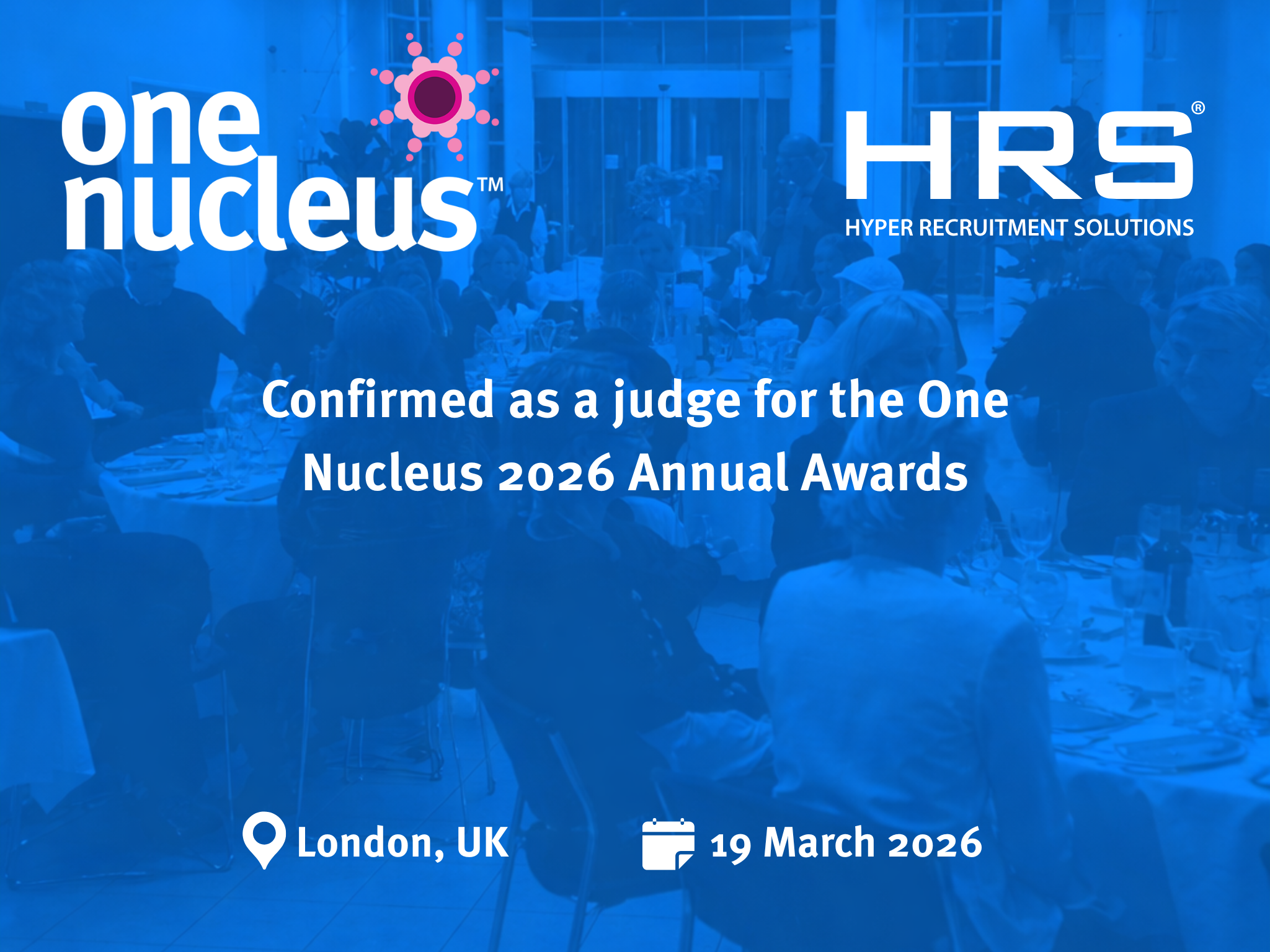The difference between CRO and CMO is that, whereas Contract Research Organisations provide research and development services throughout a clinical trial, Contract Manufacturing Organisations take the pre-formulated drug (which may have been developed by a CRO) and manufacture it on a larger scale. You can read about the differences in more detail in our blog titled CRO vs. CMO: What's the Difference and Why Does it Matter?


We’re Sector Experts In Contract Manufacturing Organisation (CMO)
At Hyper Recruitment Solutions, we specialize in recruiting top professionals for Contract Manufacturing Organizations (CMOs), a vital sector in the pharmaceutical and biotech industries. CMOs play a critical role in bringing products to market by providing services such as drug development, manufacturing, and packaging on behalf of pharmaceutical companies.
Our recruitment team understands the specific needs and challenges CMOs face, including strict regulatory requirements, high-quality standards, and complex supply chains. We work with CMOs across the globe to find skilled candidates in areas such as production, quality control, process engineering, supply chain management, and regulatory compliance.
Whether you're seeking experienced professionals to scale up production, manage operations, or oversee quality assurance, we help connect you with the right talent to keep your projects on track. Our in-depth knowledge of the CMO landscape ensures that we deliver candidates with the expertise needed to navigate this fast-paced, high-stakes environment.
We focus on building long-term partnerships with both CMOs and candidates, ensuring the right fit for sustainable success. We understand that talent is key to meeting the demands of a competitive and regulated industry.



Latest Jobs in Contract Manufacturing Organisation (CMO)
Your next opportunity is just a click away!










Title of Sub-sector


Hear from Our Success Stories
At Hyper Recruitment Solutions, our clients and candidates are our best advocates. Explore their stories and discover how our expertise and dedication have made a difference in their careers and businesses. From seamless job placements to strategic hiring solutions, our testimonials showcase the impact of our award-winning services. See why so many trust us to support their journey and drive success.

Frequently Asked Questions
Explore our Frequently Asked Questions to find answers to common inquiries.
A pharmaceutical company will often outsource the work of manufacturing drugs to a contract manufacturing organisation (CMO). This may involve synthesising the drug’s active ingredients (primary manufacturing) or producing the final product (secondary manufacturing), which may take the form of a tablet, capsule, ointment, injectable, etc.











